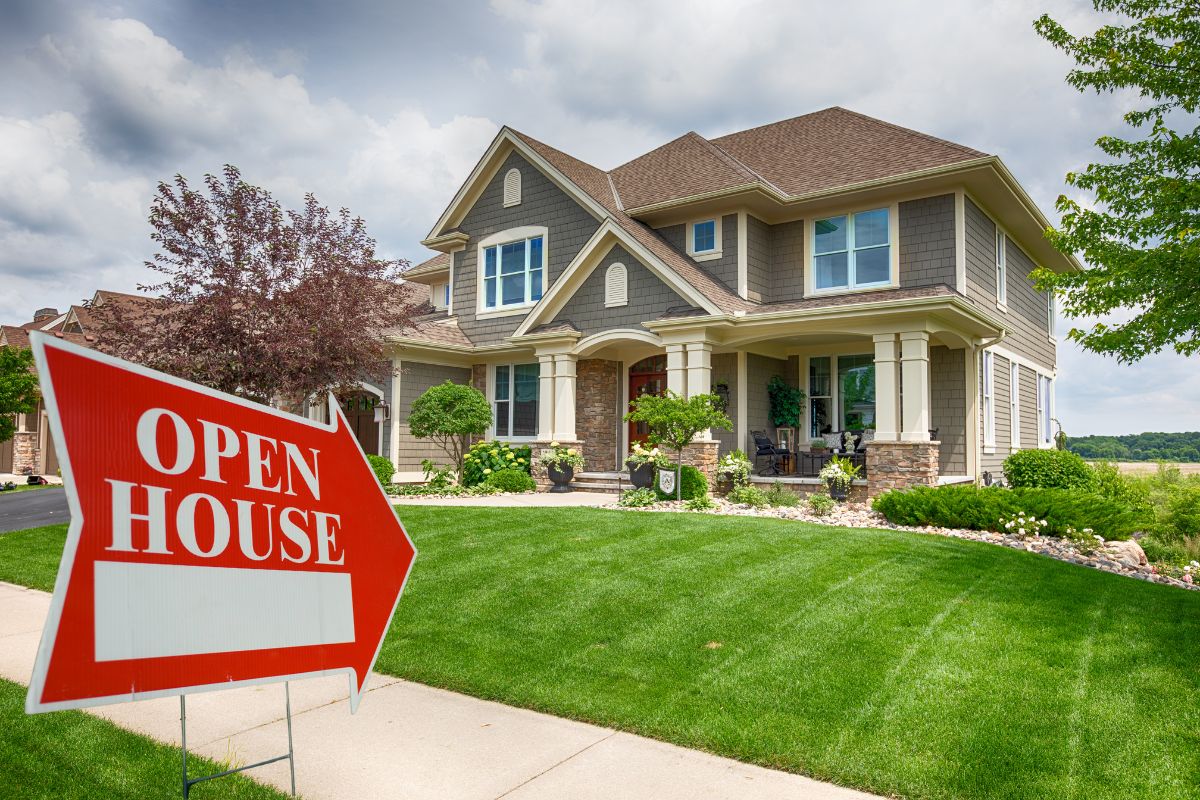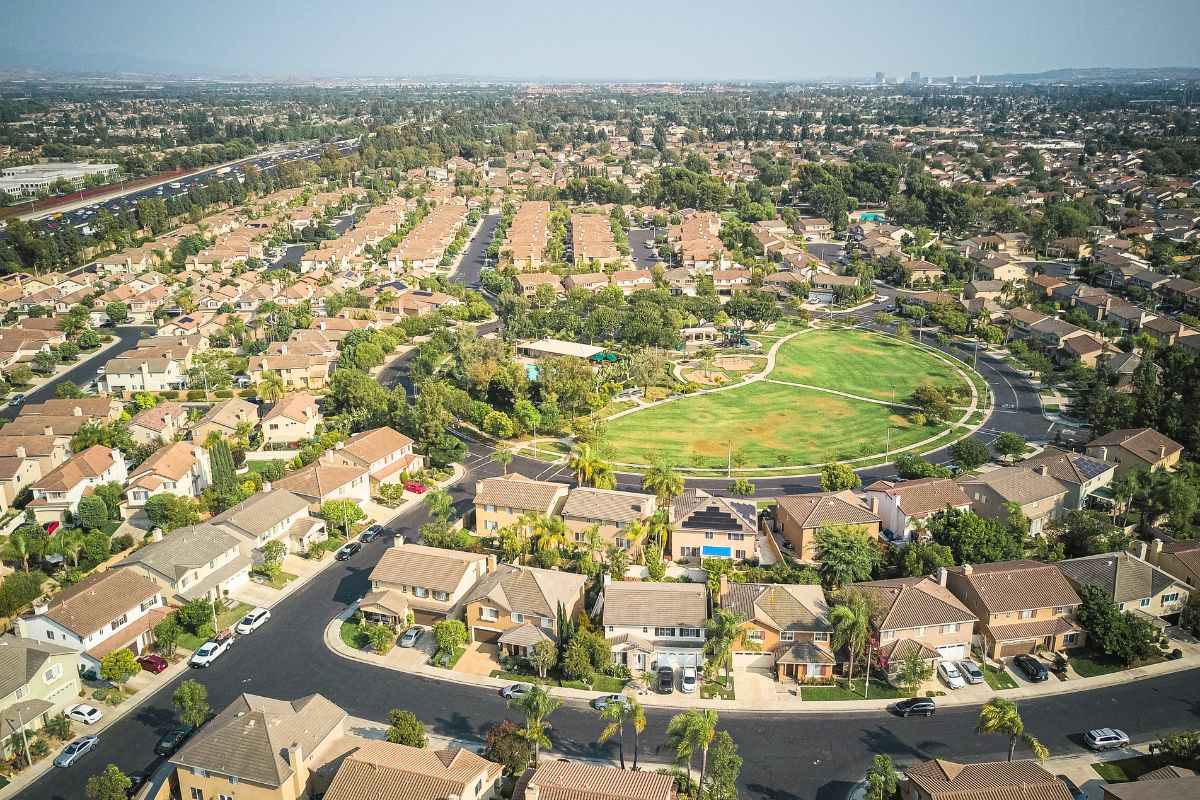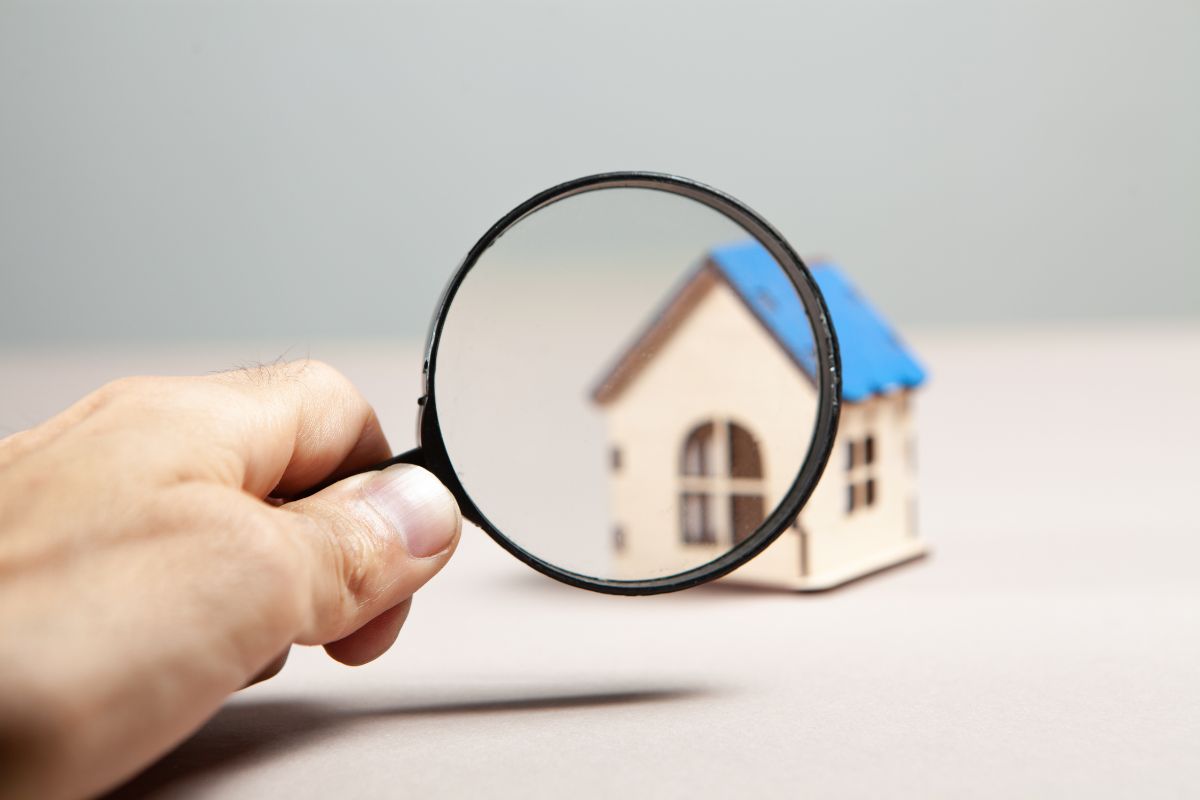If you’re considering selling a property, you might be thinking about whether to host an open house or opt for private showings. Both methods have their advantages and disadvantages, and they can greatly impact the speed and profitability of your sale. In this blog post, we’ll dig into each approach, providing you with all the necessary details to make an informed decision.
Open House
An Open House is a scheduled period in which a house or other dwelling is designated to be open for viewing by potential buyers. It is a traditional method of showcasing a home to the public, allowing prospective buyers to walk through the property at their leisure and see its features first-hand. It’s usually held during weekends and advertised well in advance to attract as many visitors as possible.
Advantages of Open House
- Increased Exposure: Open houses can attract a large crowd in a single day, making them great for increasing property exposure.
- Convenience: Potential buyers appreciate the flexibility of open houses. They can drop by during the open house hours without having to schedule a viewing beforehand.
- Competitive Atmosphere: When multiple potential buyers are present, it can create a sense of competition, potentially leading to higher offers.
- Immediate Feedback: Sellers and agents can receive immediate feedback during open houses, which can help refine the selling strategy if necessary.
- Attract Casual Buyers: An open house can attract people who are in the early stages of the buying process or those who didn’t initially include your property in their list.
Disadvantages of Open House
- Low Conversion Rate: Despite the high footfall, open houses often result in a low conversion rate. Most visitors might just be neighbors or casual browsers, not serious buyers.
- Security Concerns: Open houses could potentially expose your home to risks, such as theft or damage, especially if attendance isn’t strictly monitored.
- Inconvenience for the Seller: Preparing a home for an open house can be time-consuming and inconvenient. It requires thorough cleaning, decluttering, and often vacating the premises for the duration of the event.
- Pressure on Buyers: The competitive atmosphere that an open house fosters might rush potential buyers into making hasty decisions they may regret later.
- Limited Agent Attention: With multiple potential buyers to attend to at once, the realtor may not spend enough time with genuine buyers, which can hinder the sale process.
Private Showings
Private Showings, on the other hand, are exclusive property viewing appointments arranged for individual buyers or their agents. They provide a more personalized and flexible experience, allowing potential buyers to explore the property without the pressure of a crowd. The seller’s real estate agent typically conducts these showings, answering questions and highlighting the home’s selling points on a one-on-one basis.
Advantages of Private Showings
- Personalized Attention: In private showings, realtors can devote their complete attention to the prospective buyer, answering their queries and highlighting the property’s unique selling points.
- Flexibility: Private showings are scheduled at a mutually convenient time for the buyer and the seller, which is especially beneficial for buyers with busy schedules.
- Serious Buyers: Unlike an open house, private showings attract serious buyers who are genuinely interested in your property, thus increasing the chance of a sale.
- Security: Private Showings are more secure as only pre-vetted potential buyers are allowed to visit.
- Reduced Pressure: Buyers don’t feel the same pressure as at a crowded open house. They can spend more time considering the property and making an informed decision.
Disadvantages of Private Showings
- Limited Exposure: Unlike an open house, private showings don’t allow for mass exposure, which can result in a slower sales process.
- Time-Consuming: Coordinating private showings can be time-consuming, both for the seller and the real estate agent, especially when dealing with multiple serious buyers.
- Inconvenient for the Seller: Frequent private showings can be disruptive for sellers, particularly if they are still residing in the property.
- Missed Opportunities: Since only one buyer can view the property at a time, there’s a risk of missing out on potential buyers if the property is sold before they get a chance to see it.
- Delayed Feedback: Unlike open houses where feedback is immediate, private showings may involve waiting for the potential buyer’s feedback, which might delay the selling strategy adjustment.
Both open houses and private showings have their unique strengths and setbacks. The choice between the two ultimately depends on your circumstances, the nature of your property, and the market conditions. Remember, what works for one seller might not necessarily work for another. If time allows, you might even consider a combination of both approaches to maximize exposure and cater to different types of potential buyers.
Stay tuned for more insightful real estate tips. For those interested in active adult and retirement communities across the US and Canada, visit ActiveAdultLiving.com. Subscribe to our blog for regular updates and tips on all aspects of real estate.




